And still West we headed, through the Algarve, passing by Lagos, driving through the tiny town of Sagres, all the way to Cape St Vincent, the most Southwestern point of Europe.
Henry “the Navigator” (who incidentally was never a navigator) called it “the end of the world”. It was once thought that if you sailed too far from the coast, you eventually fall off the edges of the earth.
Yet many centuries ago, men left the safety of these shores and headed for the Great Unknown. In doing so, they started the Age of Discoveries, which both brought the world together and tore it apart.
Still, it must’ve taken courage leave, for Cape St Vincent is a truly desolate place: cold, windy, bare, with nothing but red cliff faces and the deafening sound of waves crashing against them.
Many centuries later, we headed to Cape St Vincent to watch the sun set over the Old World (given the economic and political outlook these days - in more ways than one).
We got there 10 minutes before sunset. There were plenty of people standing around already, waiting to see a phenomenon that happens on a daily basis. The lighthouse - strongest in Europe - was open. I wondered if the lighthouse keeper was in there, waiting just like us for the right moment to turn it on.
And so we stood on the cliffs, facing West, watching the sun inch slowly towards the horizon, and the colour of the sky burn and darken like embers. The light in the lighthouse had begun to spin, and one by one, we got back in our cars and buses and drove away, the lighthouse flickering in our rear view windows.
xx
Lagos in the afternoon sun
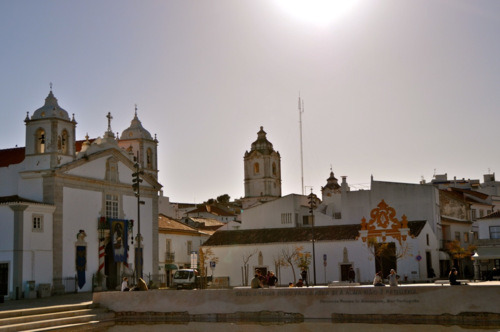
I’m going to take a guess and say this is a statue of Henry the Navigator … or some poet. It’s always a navigator or a poet in Portugal.
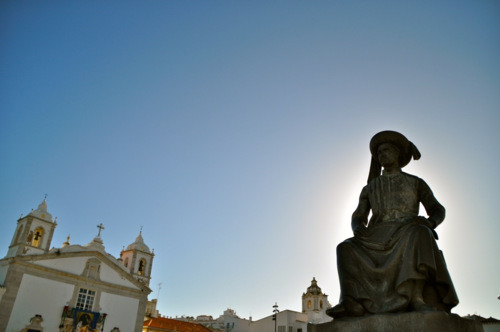
Grilled salmon. Delicious, but unfortunately a bitch to eat.
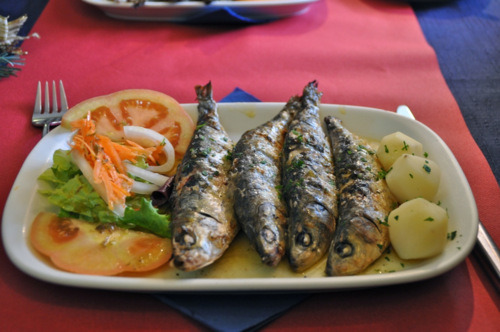
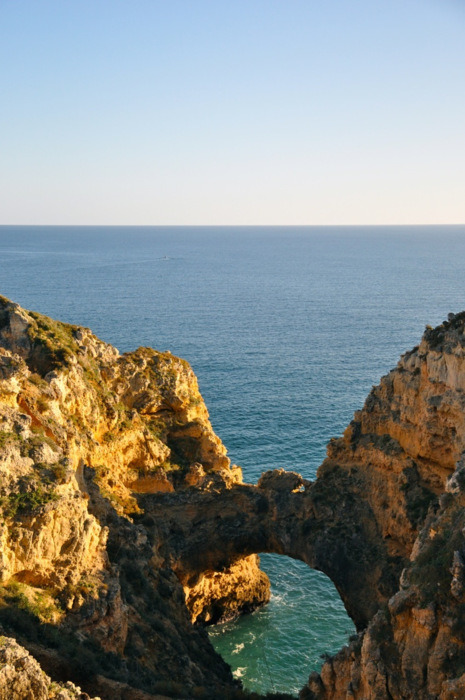
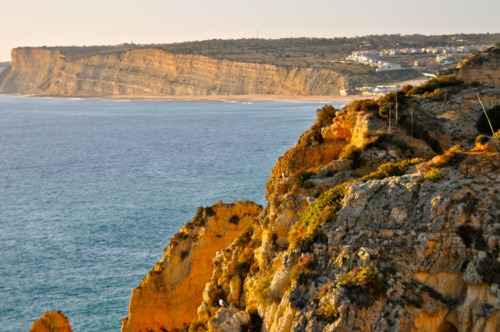
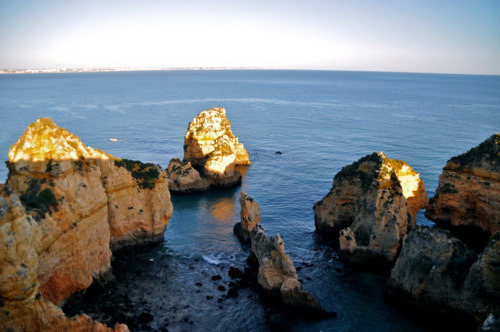
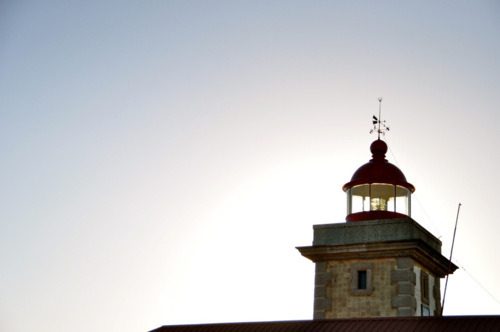
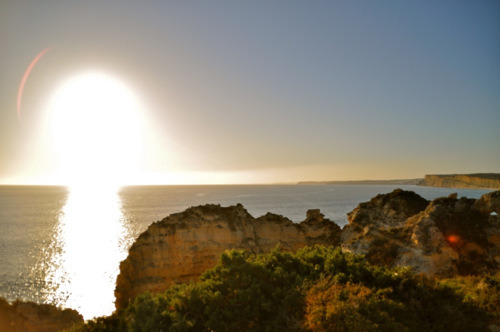
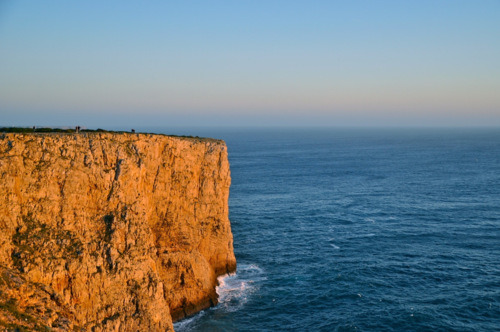
Reminds me of Australia …
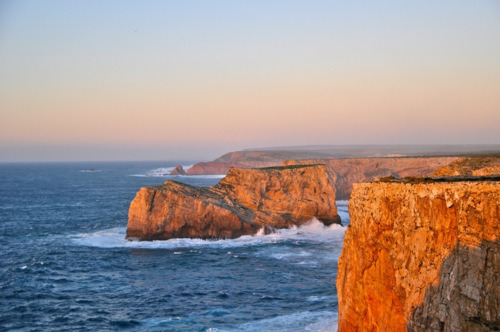
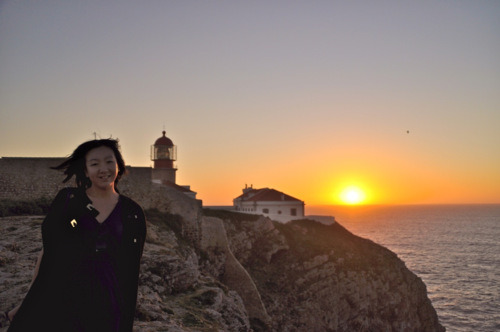

No comments:
Post a Comment